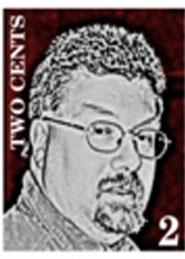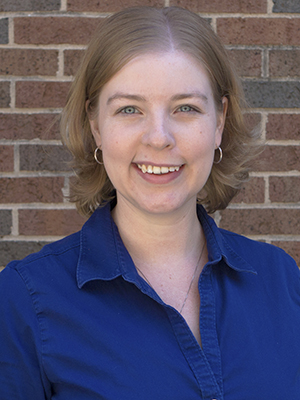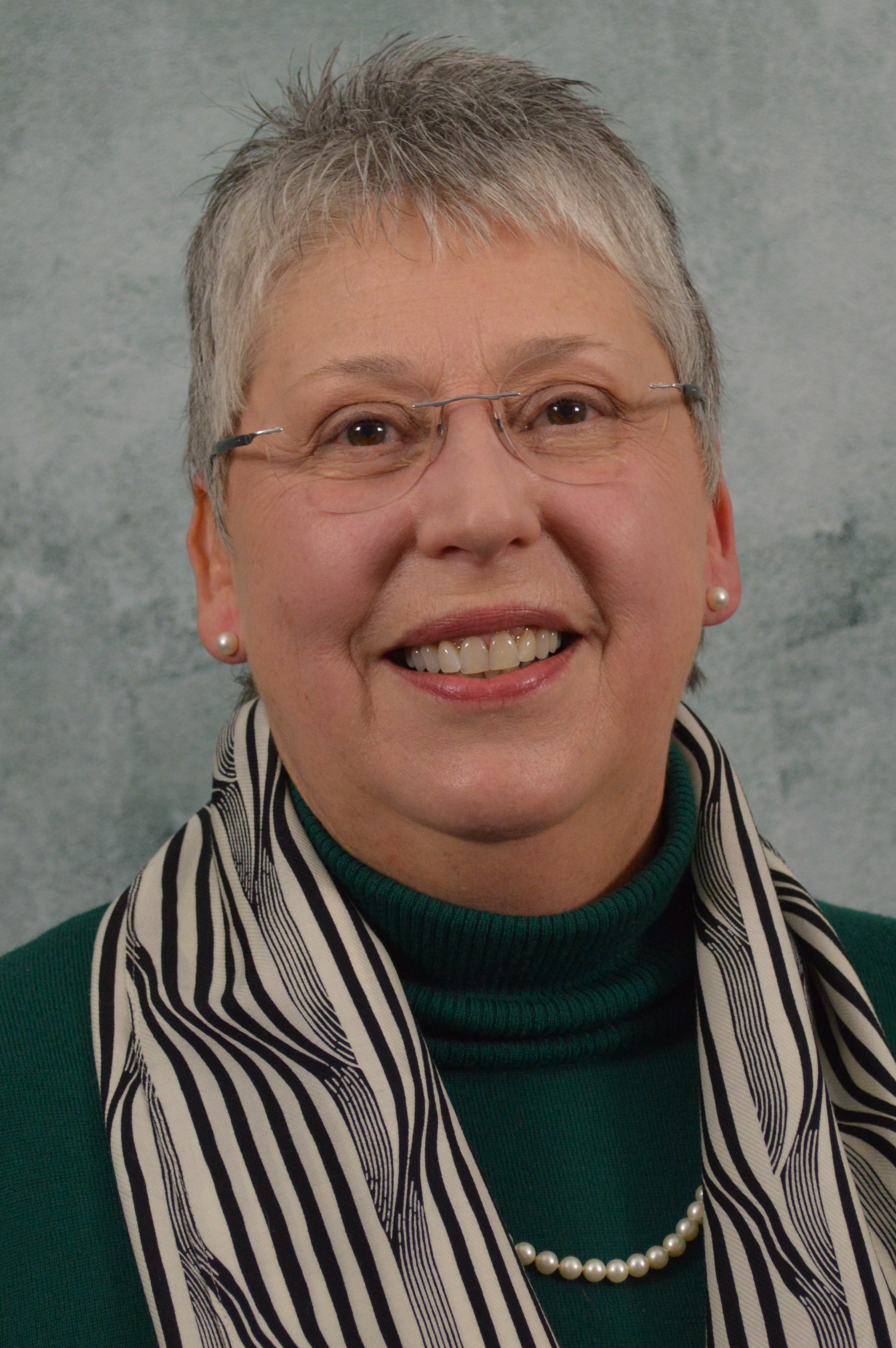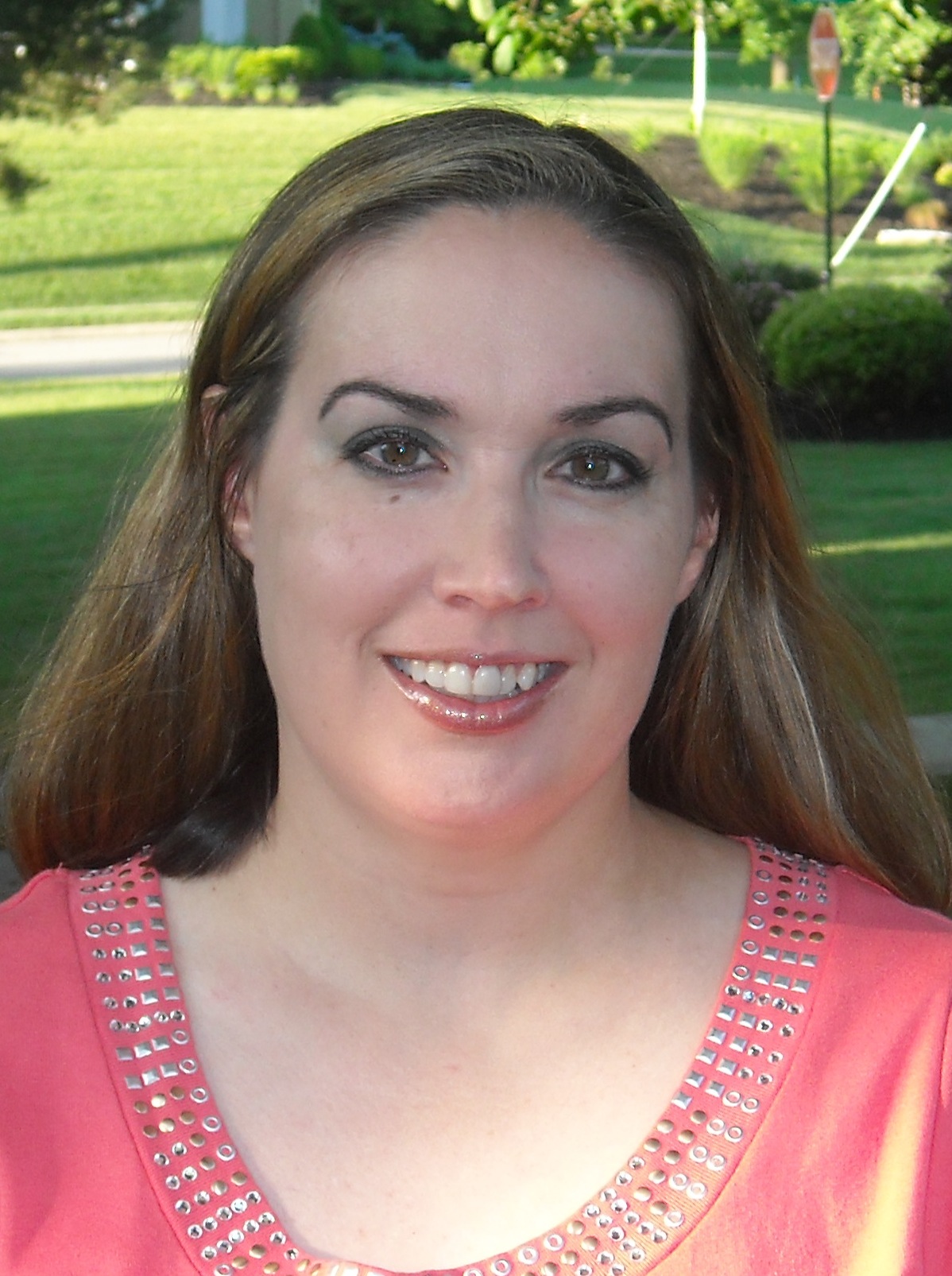Explore Jobs
Find Specific Jobs
Explore Careers
Explore Professions
Best Companies
Explore Companies
Job outlook for mathematics instructors in the United States
Mathematics instructor job growth summary. After extensive research, interviews, and analysis, Zippia's data science team found that:
The projected mathematics instructor job growth rate is 12% from 2018-2028.
About 159,400 new jobs for mathematics instructors are projected over the next decade.
Mathematics instructor salaries have increased 6% for mathematics instructors in the last 5 years.
There are over 37,136 mathematics instructors currently employed in the United States.
There are 39,866 active mathematics instructor job openings in the US.
The average mathematics instructor salary is $51,311.
Are mathematics instructor jobs in demand?
Mathematics Instructor job and salary trends over time
Mathematics Instructor jobs over time
Mathematics Instructor job growth rate over time
| Year | # Of Jobs | % Of Population |
|---|---|---|
| 2021 | 37,136 | 0.01% |
| 2020 | 41,688 | 0.01% |
| 2019 | 43,034 | 0.01% |
| 2018 | 43,118 | 0.01% |
| 2017 | 42,799 | 0.01% |
Average mathematics instructor salary over time
Mathematics Instructor salary by year
| Year | Avg. Salary | Hourly Rate | % Change |
|---|---|---|---|
| 2025 | $51,311 | $24.67 | --0.1% |
| 2024 | $51,339 | $24.68 | +0.6% |
| 2023 | $51,019 | $24.53 | +3.3% |
| 2022 | $49,402 | $23.75 | +2.0% |
| 2021 | $48,434 | $23.29 | +3.5% |
Mathematics Instructor jobs by state

Most common states for mathematics instructors
| Rank | State | Population | # of Jobs | Employment/ 1000ppl |
|---|---|---|---|---|
| 1 | District of Columbia | 693,972 | 174 | 25% |
| 2 | Montana | 1,050,493 | 169 | 16% |
| 3 | Colorado | 5,607,154 | 834 | 15% |
| 4 | Alaska | 739,795 | 94 | 13% |
| 5 | Vermont | 623,657 | 79 | 13% |
| 6 | Virginia | 8,470,020 | 985 | 12% |
| 7 | South Carolina | 5,024,369 | 493 | 10% |
| 8 | Oregon | 4,142,776 | 406 | 10% |
| 9 | Wyoming | 579,315 | 56 | 10% |
| 10 | North Carolina | 10,273,419 | 903 | 9% |
| 11 | New Jersey | 9,005,644 | 790 | 9% |
| 12 | Minnesota | 5,576,606 | 512 | 9% |
| 13 | Kentucky | 4,454,189 | 400 | 9% |
| 14 | Iowa | 3,145,711 | 277 | 9% |
| 15 | Delaware | 961,939 | 91 | 9% |
| 16 | Georgia | 10,429,379 | 860 | 8% |
| 17 | Nevada | 2,998,039 | 227 | 8% |
| 18 | West Virginia | 1,815,857 | 127 | 7% |
| 19 | New Hampshire | 1,342,795 | 94 | 7% |
| 20 | Rhode Island | 1,059,639 | 75 | 7% |
Most common cities for mathematics instructors
| Rank | City | # of Jobs | Employment/ 1000ppl | Avg. Salary |
|---|---|---|---|---|
| 1 | Claremont | 1 | 3% | $77,259 |
| 2 | Manhattan | 1 | 2% | $44,402 |
| 3 | Sarasota | 1 | 2% | $44,623 |
| 4 | Shawnee | 1 | 2% | $44,389 |
| 5 | Columbus | 1 | 1% | $37,741 |
| 6 | Lawrence | 1 | 1% | $44,384 |
| 7 | Overland Park | 1 | 1% | $44,379 |
| 8 | Salinas | 1 | 1% | $81,933 |
| 9 | Topeka | 1 | 1% | $44,389 |
| 10 | Troy | 1 | 1% | $54,523 |
| 11 | Upland | 1 | 1% | $77,176 |
| 12 | Baltimore | 1 | 0% | $57,151 |
| 13 | Charlotte | 1 | 0% | $43,417 |
| 14 | Fontana | 1 | 0% | $76,830 |
| 15 | Houston | 1 | 0% | $42,024 |
| 16 | Riverside | 1 | 0% | $76,725 |
Mathematics Instructor job outlook: Expert opinions
Our panel of mathematics instructor experts
California State University - Fresno

SUNY Potsdam

Wittenberg University

One University Parkway

Macalester College

University of Idaho
Humboldt State University

Slippery Rock University of Pennsylvania
Belmont University

Angelo State University
Fairfield University
Pennsylvania State University Altoona

Brigham Young University - Hawaii

The University of West Florida

Franklin and Marshall College
Universty of San Francisco

University of Louisville
Merrimack College

Thomas More University
University of Kansas
What general advice would you give to a Mathematics Instructor?
Mario Bencomo: Programming is vital in applied mathematics and should be incorporated into courses. Having teaching pedagogy in incorporating programming at varying levels for courses that can be traditionally taught without these skills will be extremely valuable to future mathematics departments.
What Mathematics Instructor skills would you recommend for someone trying to advance their career?
Mario Bencomo: Have as many relevant experiences towards tenure (relative to your university's/department's expectations). This includes: teaching and course development, grant writing, research publications, etc. You should be leveraging your graduate/post-doc experiences to give you these opportunities.
What will help Mathematics Instructors increase their earning potential?
Mario Bencomo: Time management is everything! The biggest challenge will be to juggle 100 different deadlines any given week, with varying levels of priority. You will need to learn to prioritize and dedicate a proportional amount of time to each activity. Figure out what organizational tool works best for you and be flexible to adapt.

What skills will help Mathematics Instructors earn the most?
Brian Ladd: I think the ability to write clearly and explain your experience in the cover letter and then teach clearly, using technology appropriately while teaching, are things that will help with early salary offers.
I am not an expert on how to maximize earnings. Just ask my bank. That said, over time, the skill that has kept my teaching fresh and relevant is a willingness and desire to keep learning new technology and find ways to work it into my classroom.

Alyssa Hoofnagle Ph.D.
Assistant Professor of MathematicsWittenberg University
Mathematics Department
What skills stand out on Mathematics Instructor resumes?
Alyssa Hoofnagle Ph.D.: The skills we look for when reviewing math educator resumes involve both technical and non-technical abilities. The person should have enough technical experience so that s/he can explain mathematical concepts clearly to new learners. That means educators should understand all fields of undergraduate mathematics, including calculus, algebra, analysis, and even some statistics. Another aspect of mathematics is being able to clearly write mathematical proofs, so good technical writing skills are necessary too. Finally, from an educator's perspective, good oral communication skills and a focus on educating students with different learning needs are really important at a teaching-focused university like Wittenberg. Engaging with the students in the material has been shown to be the most effective method of teaching mathematics, so educators should be able to incorporate active learning techniques into their classrooms.
What soft skills should all Mathematics Instructors possess?
Alyssa Hoofnagle Ph.D.: Honestly, I think the soft skills necessary for a mathematics educator are similar to any quantitatively focused position. They include exceptional problem-solving and critical thinking skills, but also good written and oral communication skills, as well as the ability to work with others in order to convey conceptual and quantitative information effectively.
What hard/technical skills are most important for Mathematics Instructors?
Alyssa Hoofnagle Ph.D.: As I mentioned above, understanding the mathematical concepts and being able to solve technical problems using those concepts is important. However, our world is increasingly utilizing our technology to collect, store, and analyze data. So I believe all technical job applicants will benefit from having a background in statistical/data analysis as well as computer programming. We strongly encourage all of our majors to take as many statistics and computer science courses as they can in order to stay current in our ever-changing, technologically advanced environments.
What skills will help Mathematics Instructors earn the most?
Alyssa Hoofnagle Ph.D.: Careers in data science and computer science are in high demand right now due to many industries collecting and analyzing data in new ways, so I think the skills necessary to be successful in those careers will most likely lead to the highest earning potential. Again, technical skills involving mathematics, statistics, and computer programming are essential. However, these careers also involve working in both the technical arena as well as non-technical areas. So, applicants should be able to not only work on solving these technical problems but also be able to explain the process and results to those outside of their field. This means applicants need to develop and refine their communication skills so that they can share the necessary and relevant information with others.

Keir Fogarty Ph.D.
Assistant Professor of ChemistryOne University Parkway
Chemistry Department
What soft skills should all Mathematics Instructors possess?
Keir Fogarty Ph.D.: -Concrete evidence of oral and written communication skills
-As well as interpersonal skills, effective time management, multitasking, making effective use of limited resources

What hard/technical skills are most important for Mathematics Instructors?
Walter Greason Ph.D.: Ability to learn multiple managerial and technical platforms rapidly; facility with both quantitative and qualitative data and the capacity to discern multiple forms of mixed research methodologies.

Robert Rinker Ph.D.
Associate Professor, Associate ChairUniversity of Idaho
Department of Computer Science
What soft skills should all Mathematics Instructors possess?
Robert Rinker Ph.D.: I think the traditional view of CS people is they are holed up in padded cells and don't interact with other people. That is a very wrong perception. CS professionals are problem solvers, and they must communicate with non-CS "customers" to understand the problems. Several recruiters have mentioned that a candidate's technical skills are easy to discern from a resume, but their soft skills are much more difficult to determine - they have to be determined from face-to-face interviews. Perhaps the most difficult skill in problem-solving is to listen carefully and not try to impose a solution to the problem right away.
Dr. C.D. Hoyle
Professor of Physics and AstronomyHumboldt State University
Physics and Astronomy Department
What skills stand out on Mathematics Instructor resumes?
Dr. C.D. Hoyle: -previous teaching experience
-experience with active-learning pedagogies and techniques
-experience interacting with a diverse student population

Dr. Jana Asher
Assistant Professor, Director of Statistics EducationSlippery Rock University of Pennsylvania
Department of Mathematics and Statistics
What skills stand out on Mathematics Instructor resumes?
Dr. Jana Asher: We are responding first, assuming you mean non-tenure-track Mathematics Instructors, as this is the more common scenario.
Right now, because of the surge in distance education, skills with online teaching -- that is, being able to use an online course management system, being able to create and edit videos, and using zoom and other online conferencing platforms -- are the skills that stand out. Experience using one of the more common online course management systems like Desire2Learn, Blackboard, Canvas, or Moodle will stand out.
Skills in the particular subject matter being taught are also highly desired. While Mathematics Instructors will typically teach remedial and introductory level mathematics and/or statistics (through Calculus), the more upper-level mathematics that the applicant knows and can teach, the better.
Teaching mathematics in the 21st century requires fluency with software packages such as Matlab and Mathematica, so programming skills in these languages are highly desirable.
Finally, teaching skills -- as evidenced by experience or training in curriculum development, student assessment, pedagogy, and student advising -- helps make a candidate stand out.
One note: most Mathematics Instructor positions require a Master's degree, so a Ph.D. will stand out.
If the position is a tenure-track Mathematics Instructor, then all of those skills are still going to help the candidate stand out, but the candidate should also be working towards completing a Ph.D.
What soft skills should all Mathematics Instructors possess?
Dr. Jana Asher: Strong written and oral communication skills are essential in a mathematics department, whether at a community college or research university. Organizational and time management skills are also absolutely essential. A Mathematics Instructor can expect to teach 4-5 classes a semester. Keeping up with the demands of preparing lectures, maintaining the online course platform, meeting with students for office hours, and getting grading/feedback to students in a timely manner requires very good organization and time management.
Mathematics Instructors must also be able to adapt and be open to criticism. Most universities have students fill out course evaluations at the end of each semester; Mathematics Instructors need to be able to accept student criticism and use it to continuously improve their instruction.
What hard/technical skills are most important for Mathematics Instructors?
Dr. Jana Asher: First and foremost, problem-solving in a mathematics context! It is not enough for a Mathematics Instructor to know the basic material of the class; they must also be able to see new, novel problems and be able to solve them. When a Mathematics Instructor enjoys the problem-solving process and can communicate that enjoyment in the classroom, students also begin to enjoy problem-solving as well.
After that, skills with mathematical software packages and skills with online course management systems are most important.
What skills will help Mathematics Instructors earn the most?
Dr. Jana Asher: At public universities, Mathematics Instructors are paid on a set scale, so there aren't particular skills that will help you earn more money, just skills that make it more likely that you will get the job. Promotions are based on experience teaching.
If you are hired as a non-tenure-track mathematics instructor, try to teach as many new and different courses as possible as your progress in your career. Also, try to get involved in the life of the department. Volunteer to be on committees, work with students on research projects or advise a student club. The more you invest time and care into your work as a Mathematics Instructor, the more likely you will be hired back the next year and even encouraged to consider moving into a tenure-track position.
If you are hired as a tenure-track Mathematics Instructor, you will be expected to serve on committees, complete research and publish peer-reviewed papers, become involved in professional societies, and continue to improve and develop your teaching. Maintaining excellence in all these areas will allow you to obtain promotions in the minimum allowed time, which in turn means a higher salary.
Dr. Daniel Biles
Chair and ProfessorBelmont University
Mathematics and Computer Science Department
What skills stand out on Mathematics Instructor resumes?
Dr. Daniel Biles: We usually have four or five faculty members at a time at the position of Lecturer. These people teach four courses per semester and do not contribute university service or research, and are hired on a year-to-year basis. They are required to have a master's degree in mathematics or a closely related discipline. A Ph.D. is not a requirement and is not really considered an asset. We especially look for lecturers with teaching experience, preferably at the freshman level, which includes basic courses such as general education math courses, college algebra, precalculus, and statistics. We look for people who have been successful in their previous teaching experiences, as demonstrated by student evaluations and letters of recommendation, and in their interview, they should demonstrate an enthusiasm for teaching mathematics and strong skills in communication.
What soft skills should all Mathematics Instructors possess?
Dr. Daniel Biles: I believe there's a good possibility that the world will constantly change over the next few decades in ways that we cannot envision now. As a result, two very important soft skills are 1) adaptability and 2) learning new things independently. To strengthen the skill of adaptability, acquiring a broad background in math, computer science, data science, and statistics, and taking courses in science and business and even courses in the humanities would help. To build up the ability to learn new things independently, a person should read varied types of material, especially technical material and areas they are not familiar with. Other soft skills such as speaking, writing, and congeniality have always been important and will continue to be so.
What hard/technical skills are most important for Mathematics Instructors?
Dr. Daniel Biles: Generally, all future mathematics jobs will involve computers in some way. Having skills with current, heavily used software and programming languages, such as SPSS and Python, is big to land that first job. For the future, knowing anything and everything about computers should be helpful: programming, cybersecurity, software engineering, database management, numerical approximation, etc. Data is becoming increasingly important, so statistical, data science, and database skills will be helpful.
What skills will help Mathematics Instructors earn the most?
Dr. Daniel Biles: Two of the most lucrative mathematics-related positions are Data Scientist and Actuary. In this day and time, data is constantly being collected in pretty much every area of life. Data scientists skilled at processing and analyzing data are currently in high demand and are paid well. Some universities offer degrees in Data Science, but if one attends a university that does not have such a program, they can prepare for such a career by taking many mathematics, computer science, and statistics courses. Historically, actuaries are paid well, are in high demand, and have good job satisfaction. As more and more math/computer science-savvy graduates go into Data Science, it may be that actuarial students will be more in demand than ever. Again, some universities offer Actuarial Science degrees, but a student trained in mathematics (especially probability) and finance who knows some computer science and statistics should be of interest to companies hiring actuaries.

Dr. Jason Pierce
Professor, Department ChairAngelo State University
Arnoldo De León Department of History
What skills stand out on Mathematics Instructor resumes?
Dr. Jason Pierce: Colleges and universities vary in terms of their primary focus. While larger private and public institutions value research as much as teaching, smaller regional institutions, like Angelo State University, put the most emphasis on teaching. Thus, teaching experience is paramount. We look closely at how many sections a candidate has taught and what classes they could offer when hiring a tenure track or non-tenure track instructor. Faculty at my university teach 4 classes per semester, so we must have someone who is "plug and play" and can handle the workload. For larger universities, research projects may need to be emphasized more. Be sure you understand what kind of institution you are applying to so you can get a sense of what skills that institution or department values the most. Researching the institution and the department is critical for success. Thankfully, that's relatively easy to do nowadays.
What are the biggest trends we'll see in the Mathematics Instructor job market given the pandemic?
Dr. Janet Struili: I am coming from a point of view that there is no one favorite profession for a math major--our graduates become teachers, data analysts, actuaries, but they also find jobs in various different fields: some of them go into health care as doctors or as physician assistants, some of them work in software companies or information technology. I see a trend on interest on data field--biostatistic and business analytics, but it is hard to know how will specifically develop for our majors.
I am sure that the jobs related to internet security will be a field in expansion, and companies will require more personal, but again it is hard to say whether this is will attract more math majors or majors from other stem disciplines.
What soft skills should all Mathematics Instructors possess?
Dr. Janet Struili: All graduates should be able to do team work, as problems are rarely tackled by a single person. Presentation skills are very important, and important is also the ability to communicate science to non-experts.
What Mathematics Instructor skills would you recommend for someone trying to advance their career?
Roselyn Costantino Ph.D.: Most important advice: Take initiative and be productive.
Find practical ways to use skills even if unpaid. Volunteer work is good. Use language skills. Technology skills. Exploit technology skills around the area of interest. If you want to be a teacher find out what software they are using today; what research skills are they utilize. Make sure you log your activities during the gap year especially those that relate to the area in which you want to work. If you want to go into finance, and you're working at a lawn service, understand and learn the business model and the accounting. If you're working at Starbucks (or in any commercial environment), get a chance to do inventories, learn about the ordering process and sources and suppliers for those orders; and how people are scheduled for work. All of that is relevant experience for business.
The CFO and recruiter for Keystone Staffing Solutions emphasized having evidence in your resume of of being productive during the gap time, no matter if it's one, two or three years. Evidence of being productive is what recruiters want to see on your resume: He stresses: "What did you do to expand your knowledge and skills not only in your selected area but beyond. BEING PRODUCTIVE for yourself proves to be an indicator of how productive you will be for me."
Still on gap year. How to go about it? Use teachers, friends, family, anyone in the field or related to it to provide guidance, insight, suggestions. This can lead to projects or experience that will help in learning and growth.

Will there be an enduring impact of the coronavirus pandemic on Mathematics Instructors?
Scott Hyde: No, there won't. Especially in the STEM fields. There will be a demand to learn how to create vaccines by kids inspired by the pandemic. Coding and remote work has increased. I see this as good for the graduates.
What's a day at work look like for a Mathematics Instructor?
Scott Hyde: The recent graduates are either attending graduate school or trying to find a job. I don't know of their struggles as of yet. All that we have had that have graduated have either found a job or are attending graduate school. There are some that have also decided to be a full-time caretaker to their children.
What will help Mathematics Instructors increase their earning potential?
Scott Hyde: I think coding will be helpful. Combining fields will yield more earning potential more than it has in the past. Statistics and computers together with artificial intelligence have created the field of data science lately.

Dr. Achraf Cohen
Assistant ProfessorThe University of West Florida
Department of Mathematics and Statistics
What are the biggest trends we'll see in the Mathematics Instructor job market given the pandemic?
Dr. Achraf Cohen: The changes that we all observed and lived during the pandemic time impacted everything, from individuals to businesses. The biggest trend in the job market, in my opinion, is going to be remote work. It seems like working from home/remotely does not negatively affect productivity after all. As consequence, many employers will possibly expect to hire remote workers in the future. This will result in a more competitive job market since everyone everywhere can apply and get hired, even outside the USA.
What certifications/licenses/courses can have the biggest impact for Mathematics Instructors?
Dr. Achraf Cohen: We live in an era of data and science. Candidates need to have the skills (e.g. certifications or courses) to manage, analyze, and visualize data. They also need to understand the science behind the data to discover new knowledge and drive businesses. Looking into the most in-demand jobs in the past few years, Statisticians and Data Scientists are among the best jobs in Business and STEM (science, technology, engineering, and mathematics) disciplines. Candidates should be armed with mathematical reasoning, computer tools, and communication skills.
What's a good job out of college for Mathematics Instructors?
Dr. Achraf Cohen: One of the best jobs in the U.S. out of college is being a www.zippia.com. One of the exciting aspects of being a statistician is that they get to practice science with data in a multidisciplinary environment, from deciding what data are needed to reporting results. As John Tukey said, "The best thing of being a statistician is that you get to play in everyone's backyard." That means statistics applies to many domains, like education, marketing, environment, health care, sport, and manufacturing. Thus, candidates will have a broad range of fields to choose from and make a career in it, still, the beauty is that they can also succeed in more than one field. Lastly, Statisticians are among the good-paying jobs out of college.

What type of skills will young Mathematics Instructors need?
M. Alison Kibler Ph.D.: The key for today's graduate is to come ready with relevant skills and experience. A college degree without relevant skills and experience will just not be as sufficient as in previous years to land that first, post-graduate role.
Creativity, proactivity along with strong communication skills and intellectual grit to anticipate and respond proactively to the unexpected are the competencies most prized in today's labor market. Showing that one worked through the pandemic, and even pursued additional skills and experiences relevant to a role or field, will make a graduate stand out from among their less prepared and proactive peers.
In the last class of American Studies graduates (class of 2020), I saw some students take a new path to a job. For example, one student had an internship where she worked remotely for a digital marketing firm. This then became a full-time job after graduation. Another student had worked on legal research (also remote) over the summer and in her senior seminar, and then got a job as a legal assistant in the New York DA's office. She hopes to ultimately go to law school. This is a job that other AMS alumni have secured in the past. Other students got jobs as community organizers, teachers, museum curators and entry-level business positions. These paths seemed largely the same as in the past. All built on course work and/or internships where they developed skills and deepened interest in topics. The student that went to work as a community organizer, for example, had done a senior research project on homelessness.
What are the biggest trends we'll see in the Mathematics Instructor job market given the pandemic?
Elliot Neaman Ph.D.: In the corporate world, companies are now having to shift from a physical workspace to working at home, so that means young people entering the workforce have an advantage since they are usually more tech savvy than older people, although that is not always the case. There will be new opportunities in companies that see a lot of demand because of the pandemic. Think about at-home exercise companies like Peleton. Obviously a lot of businesses are suffering or disappearing, like retail and restaurants, so you'll see a shift away from that, but service industries are going to become even more important, especially those that fill the niche of providing services at home.

What are the biggest trends we'll see in the Mathematics Instructor job market given the pandemic?
Janet Kelly Ph.D.: Telecommuting. We learned that employees - public employees - can serve the public effectively while working from home. We should see less clustering of public administrators in city centers, a reduced need for public buildings and other physical infrastructure, and more emphasis on the kinds of skills that support telecommuting.
Are there any particularly good places in the United States for Mathematics Instructors to find work opportunities?
Deborah Margolis Ph.D.: The COVID pandemic has triggered the retirement of many seasoned educators, so many districts are in need of committed new graduates. Typically, during non-pandemic times, urban districts tend to have more openings. Commitment to teach in an urban or otherwise underserved district can provide a wonderful experience for new graduates looking to make a meaningful contribution to the education and lives of the students with whom they work.
How do you envision technology impacting Mathematics Instructors in the next 5 years?
Deborah Margolis Ph.D.: One of the many things that COVID has taught us is the importance of educational technology and that educators need to have facility with technology. We have also learned that some things that we thought had to be done in person, can be done remotely/virtually. Since some experts suggest that we may be dealing with COVID and remnants of COVID until 2025, educational technology will continue to play an important role for us in the U.S. The use of technology during the pandemic has also shown us ways that education can be enhanced for those who might otherwise be unable to access on-ground educational opportunities.

Dr. Jodie Mader Ph.D.
Professor, Chair, Faculty Development DirectorThomas More University
History Department
Will there be an enduring impact of the coronavirus pandemic on Mathematics Instructors?
Dr. Jodie Mader Ph.D.: There is will the obvious social and economic impacts. Jobs will change and graduates need to be cognizant of where jobs will be located and adapt their skills to them. Graduates need to be aware of the new and old skills required of employers, and a key one will be their command of technology and their ability to use it.
Luis Corteguera
Professor and ChairUniversity of Kansas
Department of History
What are the biggest trends we'll see in the Mathematics Instructor job market given the pandemic?
Luis Corteguera: The pandemic and the economic crisis has only highlighted the value of a university education. People with a BA/BS continue to do better economically than those without, and the difference will increase. The specific area of study will be less important than having the degree in hand. Rather than seeking an education that offers professional training - which are hard to predict and employers usually provide - a liberal arts education will actually prove more valuable in the long-run, since employers consider such graduates to have a greater variety of intellectual and analytical skills that will enable them to adapt and be trained to solve the complex problems of the future.
What Mathematics Instructor skills would you recommend for someone trying to advance their career?
Luis Corteguera: Learning a language is one of the most important skills to acquire, and there are many opportunities that can later be complemented with university courses. Any kind of professional experience can also be valuable, not necessarily because it will help to build a resume for the future, but more importantly, to explore interests and maybe discard options. These experiences can also give students a better awareness and appreciation for the skills that can best be acquired through university studies.
What general advice would you give to a Mathematics Instructor?
Luis Corteguera: Make a plan for the future that outlines short-, medium-, and long-term goals. Discuss these plans with a variety of people (family, friends, acquaintances, professionals in areas of interst), and if available, with career planning professionals at the university, many of which continue to offer support even after graduation. Request "informational interviews" with all kinds of people in professions that may be of interest, even if you don't know them personally. Not only are these helpul to ask questions about career paths, but these interviews can also help to build professional networks.